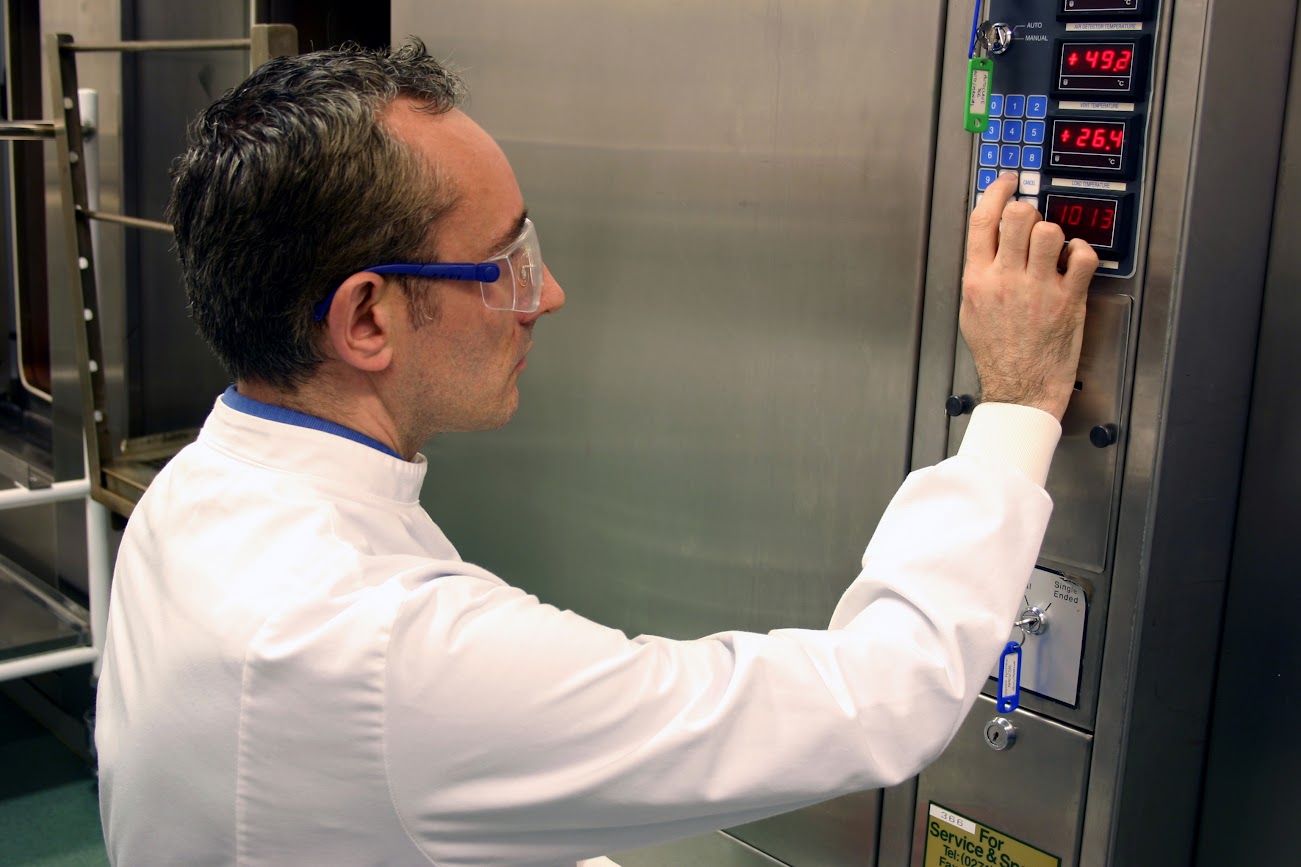Science
AI Revolutionizes Science Data Management with FAIR2 System

Researchers are unveiling a groundbreaking solution to address the vast amounts of untapped scientific data with the introduction of the FAIR2 Data Management system. This innovative AI-driven platform aims to transform how research data is utilized, ensuring that valuable information is not only shared but also preserved and reused effectively.
According to estimates, approximately 80 out of every 100 datasets generated remain confined within laboratories. Of those shared, fewer than two datasets meet the necessary standards for research sharing, and only one typically contributes to new discoveries. The FAIR2 system, developed by the open-science publisher Frontiers, is designed to change this trend by making datasets reusable, verifiable, and citable.
Streamlined Data Management
The FAIR2 Data Management system is a comprehensive, AI-powered service that integrates all critical elements of data management into a single platform. This includes curation, compliance checks, AI-ready formatting, peer review, and permanent hosting. By bringing these components together, FAIR2 aims to facilitate responsible sharing and recognition of scientific work, ultimately accelerating advancements in areas such as health, sustainability, and technology.
Building on the FAIR principles—Findable, Accessible, Interoperable, and Reusable—FAIR2 expands the framework to ensure that every dataset is compatible with artificial intelligence, allowing for ethical reuse by both humans and machines. The FAIR principles were first outlined in a paper published in March 2016 in the journal Scientific Data by a consortium of scientists and organizations, and were subsequently endorsed by leaders at the G20 Hangzhou summit.
FAIR2 represents the first successful implementation of these principles, arriving at a critical juncture when research output is rapidly increasing and AI is reshaping the landscape of scientific discovery. This system converts high-level principles into scalable infrastructure, delivering measurable impacts across various research fields.
Potential for Broader Impact
The introduction of FAIR2 is expected to help overcome significant hurdles in scientific research, including stagnation in cancer treatment advancements and inadequacies in climate modeling. Traditionally, organizing and verifying datasets required extensive manual effort, often taking months. With the implementation of the AI Data Steward, powered by Senscience, these processes can now be completed in mere minutes.
Researchers who utilize the FAIR2 system receive four integrated outputs: a certified Data Package, a peer-reviewed and citable Data Article, an Interactive Data Portal featuring visualizations and AI chat capabilities, and a FAIR2 Certificate. Each output includes stringent quality controls and clear summaries, enhancing the accessibility of data for general users and improving compatibility across various research disciplines.
This system is designed to ensure that every dataset is preserved, validated, and reusable, thereby accelerating discovery while providing researchers with the recognition they deserve. For instance, the dataset on Environmental Pressure Indicators (1990-2050) compiles observed data and modeled forecasts across 43 countries over six decades, tracking emissions, waste, population, and GDP. This information is crucial for sustainability benchmarking and evidence-based climate policy planning.
In terms of reception, Dr. Ángel Borja, Principal Researcher at AZTI, part of the Basque Research and Technology Alliance (BRTA), expressed strong support for the FAIR2 system: “I highly recommend using this kind of data curation and publication of articles, because you can generate information very quickly and it’s useful formatting for any end users.”
The FAIR2 Data Management system is not merely a technical advancement; it represents a significant shift towards more democratic science. By increasing the visibility and accessibility of research data, FAIR2 supports responsible reuse by scientists, policymakers, practitioners, and communities. Ultimately, this initiative helps society maximize the returns on its investments in scientific research.
-

 Science3 months ago
Science3 months agoToyoake City Proposes Daily Two-Hour Smartphone Use Limit
-

 Top Stories3 months ago
Top Stories3 months agoPedestrian Fatally Injured in Esquimalt Collision on August 14
-

 Health3 months ago
Health3 months agoB.C. Review Reveals Urgent Need for Rare-Disease Drug Reforms
-

 Technology3 months ago
Technology3 months agoDark Adventure Game “Bye Sweet Carole” Set for October Release
-

 World3 months ago
World3 months agoJimmy Lai’s Defense Challenges Charges Under National Security Law
-

 Lifestyle3 months ago
Lifestyle3 months agoVictoria’s Pop-Up Shop Shines Light on B.C.’s Wolf Cull
-

 Technology3 months ago
Technology3 months agoKonami Revives Iconic Metal Gear Solid Delta Ahead of Release
-

 Technology3 months ago
Technology3 months agoApple Expands Self-Service Repair Program to Canada
-

 Technology3 months ago
Technology3 months agoSnapmaker U1 Color 3D Printer Redefines Speed and Sustainability
-

 Technology3 months ago
Technology3 months agoAION Folding Knife: Redefining EDC Design with Premium Materials
-

 Business3 months ago
Business3 months agoGordon Murray Automotive Unveils S1 LM and Le Mans GTR at Monterey
-

 Technology3 months ago
Technology3 months agoSolve Today’s Wordle Challenge: Hints and Answer for August 19









